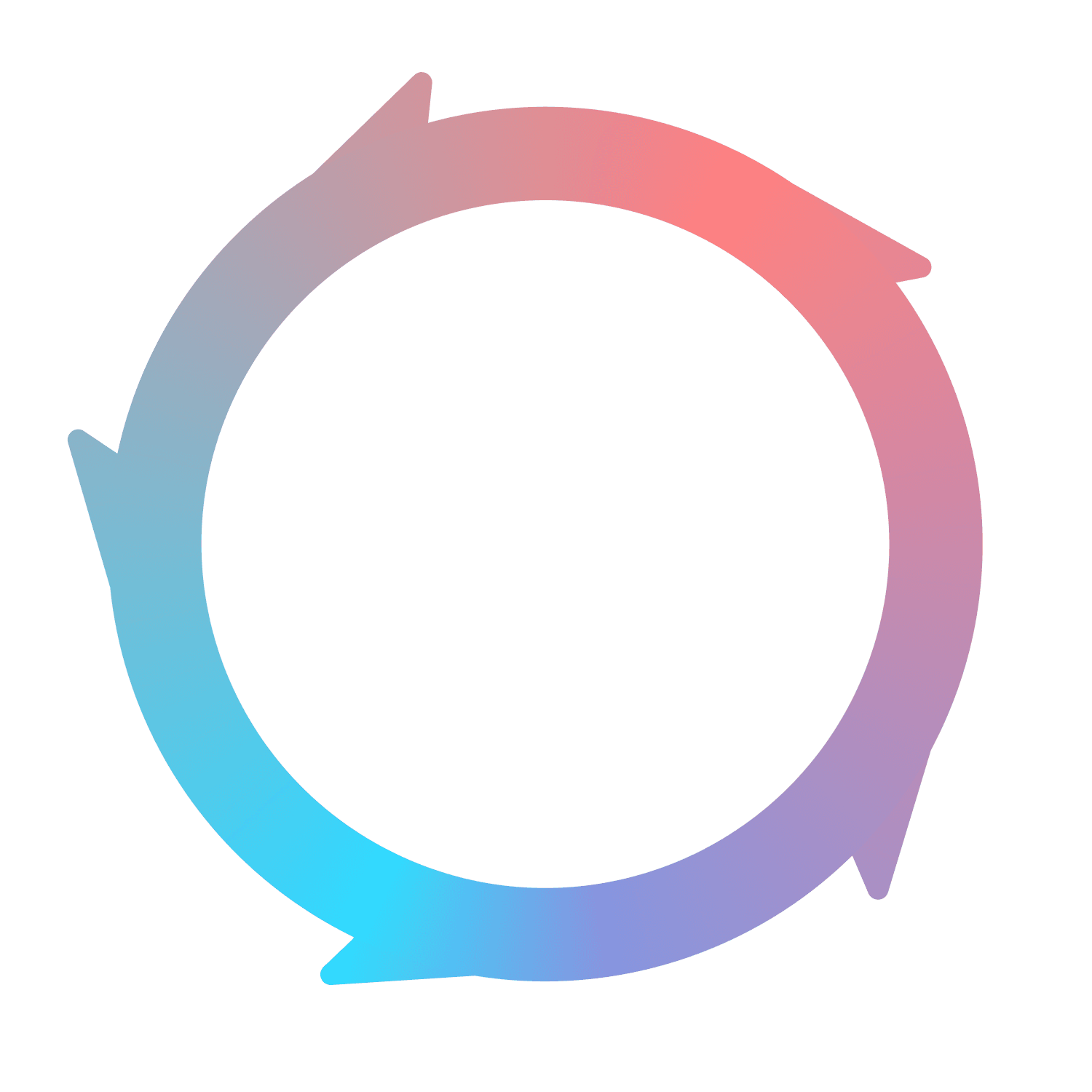Deep dive: Flywheel vs June
Flywheel and June are both products that help companies analyze user behavior and surface insights.
June is focused on product managers at smaller startups, helping companies quickly understand adoption patterns. Companies looking for a fast and easy product analytics solution will find lots of value in June's product offerings.
In comparison, Flywheel is an all-in-one growth platform that unites product and marketing analytics with website personalization, user engagement, and session replays. It helps companies grow more quickly by converting users with personalized experiences.
How is Flywheel different from June?
It's an all-in-one platform
While June specializes in product analytics, it does not offer marketing analytics or session replays. Additionally, there is no ability to "take action" from June. In comparison, Flywheel offers website personalization and user engagement functionality for teams. This helps companies go beyond insights and towards real user impact.
Built for go-to-market teams
Flywheel combines multiple product categories in unique ways for each team, all focused on a no-code approach to modern GTM. For example, Product teams leverage product analytics and session replay to understand user behavior, while Customer Success teams use account scoring and auto-detection of Champions and Power Users. Marketing teams use website personalization backed by marketing analytics, and so on.
Designed for immediate value
Whether it's auto-tracking events via Flywheel.js, instant asset creation, or segmenting users intelligently, Flywheel does almost all of the work for you. All you need to do is choose marketing goals, decide which features to monitor, and create user experiences you think will move the needle.
Flywheel vs June: feature comparison
Features
Flywheel
June
Flywheel strengths
Goals are predefined events that represent the desired outcome following an interaction with an Asset. They underscore Flywheel's principle that each Asset should serve a clear purpose, emphasizing the importance of determining the intended goal of your content before its creation. Having a well-defined goal ensures that our users’ content fulfills its intended purpose, enabling them to make necessary adjustments to their GTM strategy.
Flywheel offers account-level (also called company-level) analytics on its Free plan, which is a paid feature on June's platform.
Flywheel's session replays offer a unique opportunity to retrace a visitor's interaction with your platform, providing a comprehensive understanding of their behaviors.
Engagements allow users to seamlessly post banner messages, modals, and surveys directly onto their platforms, facilitating more engagement with their own user base.
Asset analytics allow you to optimize your marketing channels. This helps you identify which categories – such as email, web pages, and documentation – contribute most effectively to user acquisition.
June strengths
June's templates provide users with an effortless way to monitor their crucial metrics. This feature allows for comprehensive and comparative analyses, ensuring users can make insightful comparisons by duplicating reports and adjusting the audience criteria as needed. The simplicity and adaptability of June's templates have made them a popular feature, streamlining the process of metric monitoring.
June offers custom report creation, allowing users to create one-off reports and funnels. Flywheel's approach is to build the reports for users in a prescriptive manner.
June offers more initial data integrations, such as Amplitude and Mixpanel, than Flywheel.
Flywheel vs June: Pricing
June operates on a freemium pricing model, offering access to core features like Templates, Auto-generated reports, Slack integration, and manual CRM sync at no cost. Their growth plan, starting at $149/month, caters to 2,000 active users and adds features like saved audiences and AI-powered email and domain enrichment. The pro tier, priced at $349/month for users with 5,000 MAUs, includes premium support in addition to all the features from the previous tier. For enterprise needs, you can reach out to them for a custom plan.
Flywheel's pricing is based on the number of monthly active contacts (MACs). The free entry-level plan supports up to 1,000 users, granting access to essential PLG data. For products exceeding 1,000 MAUs and requiring more advanced capabilities, such as 10 milestones, 10 segments, and 10 goals, the cost is $200 per month. If you need unlimited analysis of milestones, segments, and goals, along with additional growth-focused features, the price starts at $500 per month. Flywheel's transparent pricing structure ensures clarity and simplicity in selecting the plan that best aligns with your requirements.





